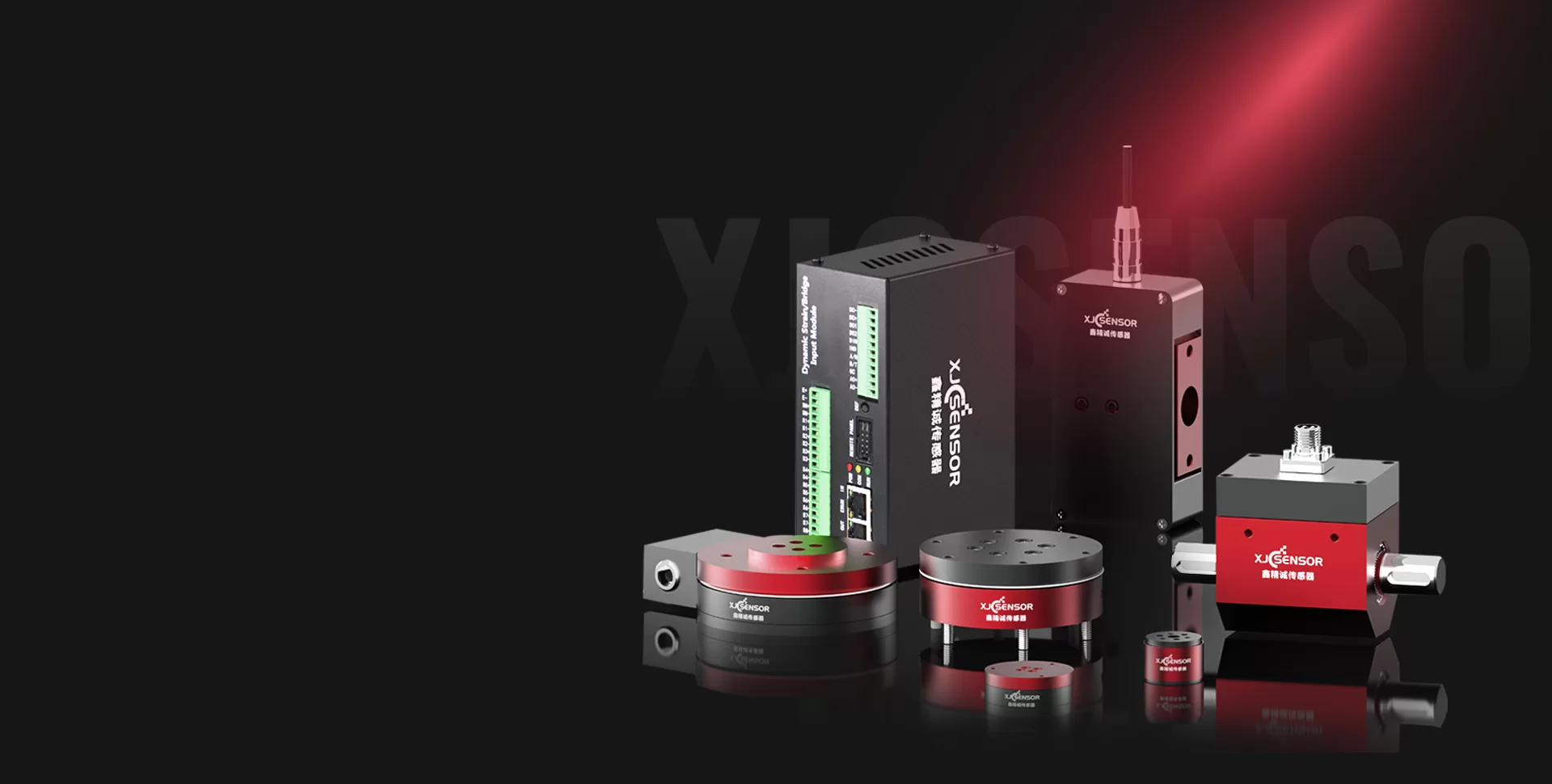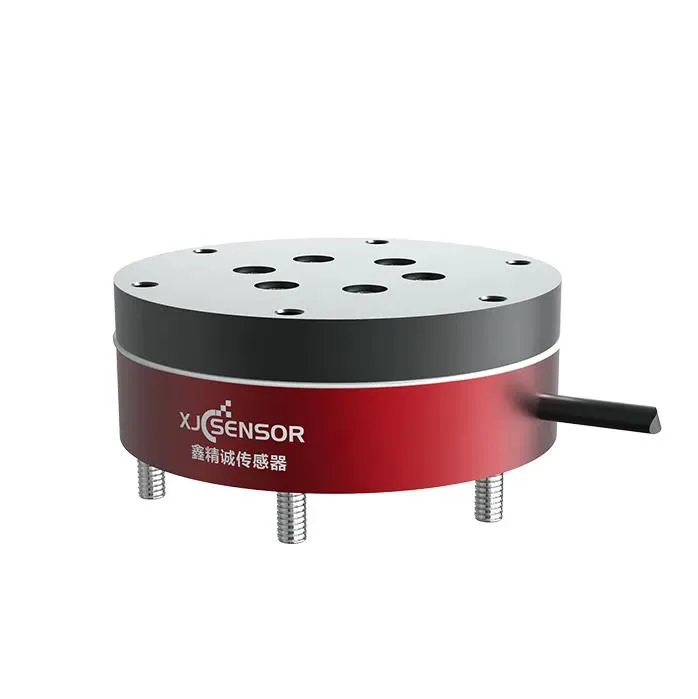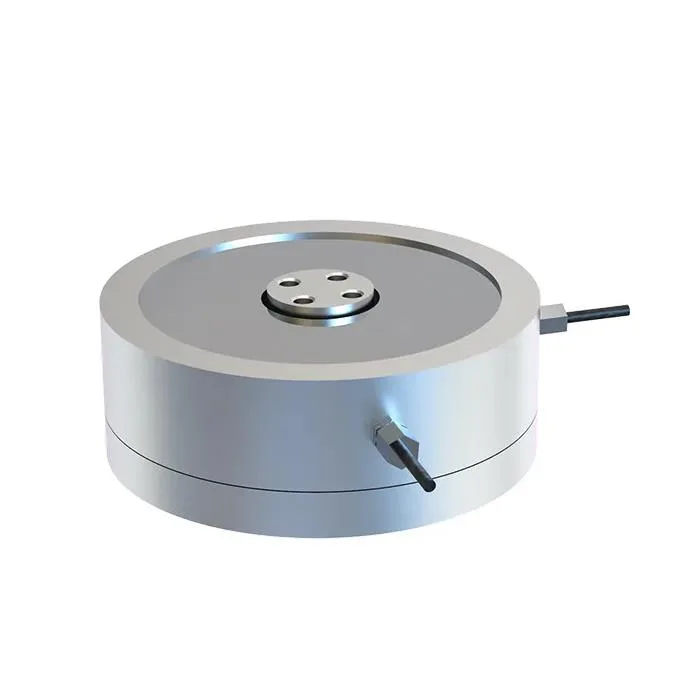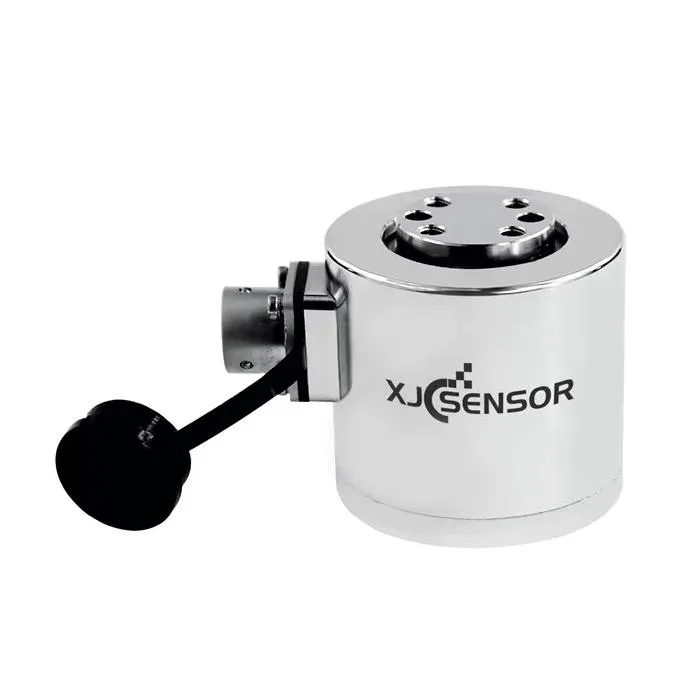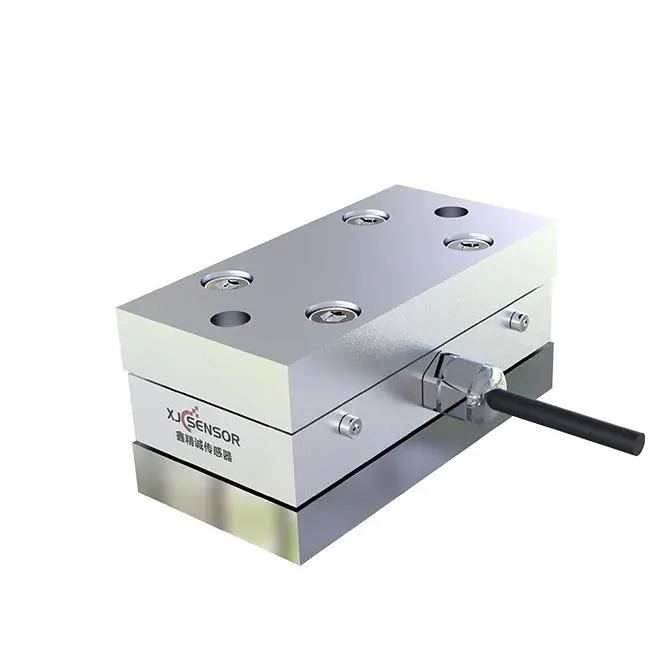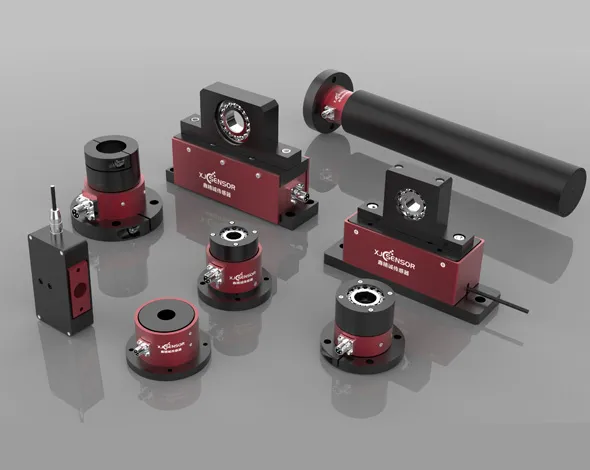
Understanding Sensor Load and Its Impact on Measurement Accuracy
In the realm of sensor technology, one crucial aspect that significantly affects measurement accuracy is sensor load. This blog post aims to explain the concept of sensor load, its relevance in various applications, and how it can impact the overall accuracy of sensor measurements. By understanding sensor load and implementing appropriate measures, we can ensure reliable and precise results in our data-driven world.
What is Sensor Load?
Sensor load refers to the electrical or mechanical burden imposed on a sensor when it is connected to a measuring or control system. It includes factors such as resistance, impedance, capacitance, or any other element that affects the electrical or mechanical characteristics of the sensor circuit. Sensor load can impact the performance of sensors, influencing their responsiveness, sensitivity, and accuracy.
Types of Sensor Load
There are two primary types of sensor load:
Electrical Load
This type of load refers to the electrical characteristics of the measuring instrument or circuit that the sensor is connected to. It includes factors like input impedance, capacitance, resistance, and stray capacitance or inductance. The electrical load can alter the output signal of the sensor, leading to inaccuracies if not properly accounted for.
Mechanical Load
Mechanical load describes the physical forces and constraints imposed on the sensor during operation. It could involve pressure, tension, compression, torque, or any force that affects the sensor's ability to measure accurately. Proper consideration of mechanical load is vital to avoid sensor deformations, stress, or strain that may interfere with precise measurements.
Impact of Sensor Load on Measurement Accuracy
The presence of sensor load can introduce several challenges that affect measurement accuracy:
Signal Degradation
Electrical load elements can cause signal degradation by altering the impedance or response characteristics of the sensor. This interference leads to inaccurate readings and compromises measurement precision.
Offset and Drift
Sensor load can introduce offset errors and drift, leading to incorrect baseline measurements or changes over time. These inaccuracies can accumulate and impact the reliability of long-term measurements.
Reduced Sensitivity
An excessive sensor load can reduce the sensitivity of the sensor, making it less responsive to minute changes in the measured quantity. This diminished sensitivity hampers the ability to detect and measure small variations accurately.
Managing Sensor Load for Accuracy
To ensure accurate measurements in the presence of sensor load, consider the following practices
Compensation Techniques
Employ compensation techniques such as zero balancing, calibration, or mathematical algorithms to mitigate offset errors and improve measurement accuracy.
Proper Electrical Connections
Use appropriate cables, connectors, and shielding techniques to minimize electrical load effects caused by impedance mismatches or electromagnetic interference.
Mechanical Considerations
Analyze the mechanical load on the sensor and ensure that it remains within the specified operating limits. Avoid overloading the sensor and provide adequate support to prevent stress or strain that can compromise accuracy.
Calibration and Periodic Maintenance:
Regularly calibrate the sensor and associated equipment to account for any changes in measurement accuracy. Perform routine maintenance to identify and address any issues related to sensor load.
Understanding sensor load and its impact on measurement accuracy is crucial for obtaining reliable and precise data. By recognizing and managing both electrical and mechanical loads, we can optimize the performance of sensors, ensuring accurate measurements across various applications. Adhering to best practices in load management empowers us to harness the full potential of sensor technology and make informed decisions based on trustworthy data in our data-driven world.
